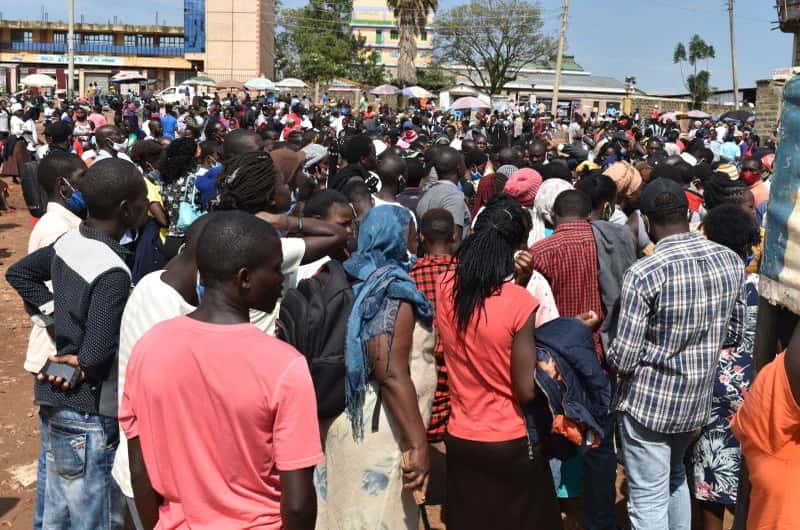
In 2015, Club Madrid, an organisation that brings together former presidents and prime ministers from democratic states, identified exclusion of youth from the economy as one of the primary drivers of violent extremism globally.
They declared that, “Systematic exclusion creates injustice and unfair treatment (and) can produce a toxic mix that allows violent extremism to flourish……political leaders everywhere have a duty to represent all their citizens, empower women and young people, and ensure that individual, group and community have equal access to economic development and other opportunities.”